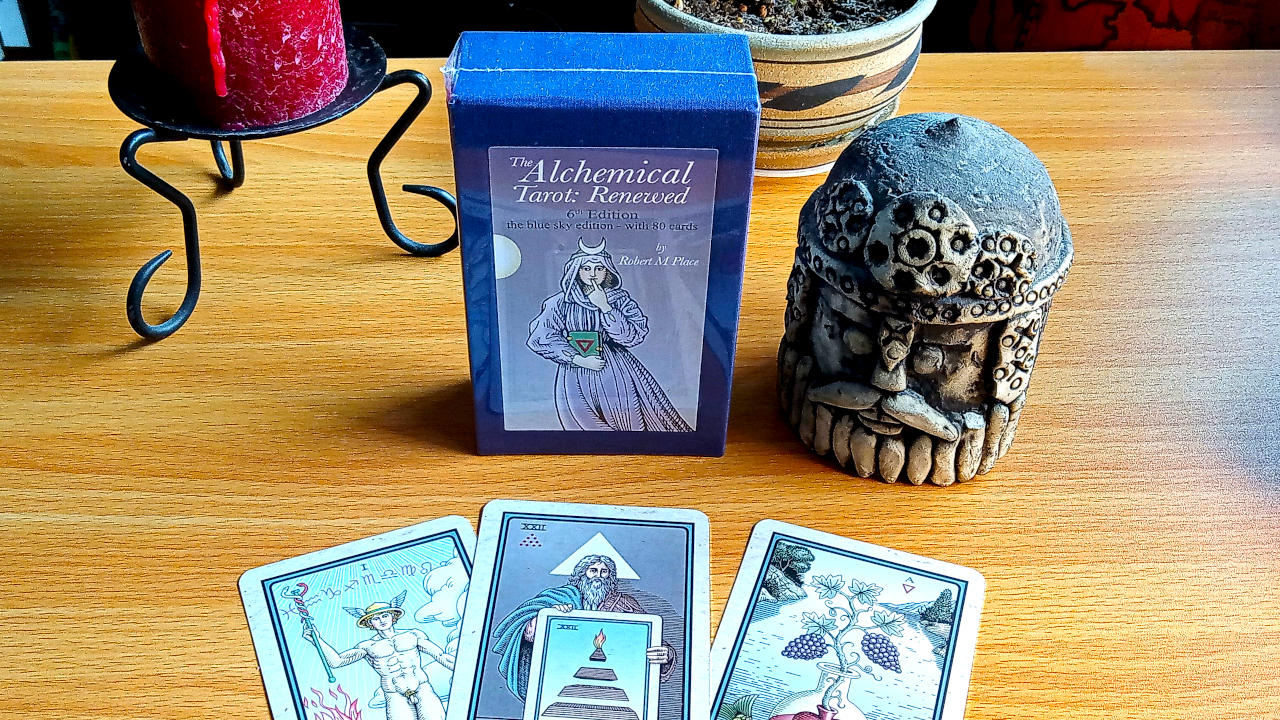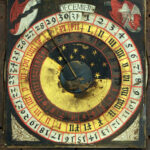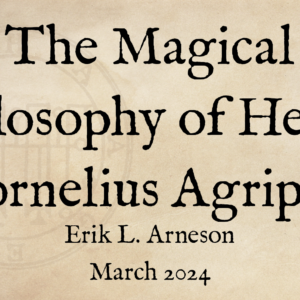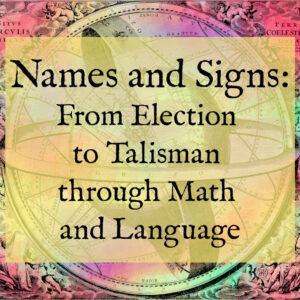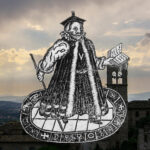
This episode is part three of our deep dive into Heinrich Cornelius Agrippa’s Three Books of Occult Philosophy. If you feel lost and would like to catch up with the first two episodes, you can find them on the page for this series.
In this episode, we will explore Agrippa’s definition of magic, both through his words and by examining it through a modern lens. Beginning with this episode, I will make a point to let you know precise chapters we will be discussing. This should give you the opportunity to read specific chapters in Occult Philosophy so you can be more informed of the topics we discuss in this episode.
Agrippa’s definition of magic can be found in book 1, chapter 2. In the 2021 Inner Traditions edition of Occult Philosophy, translated by Eric Purdue, this chapter begins on page 18. I would like to point out that we will almost never spend an entire episode discussing just one chapter, but since magic is at the core of our exploration of this book, we need to spend some time understanding exactly what we are talking about!
This series of episodes about Occult Philosophy will most likely last until Summer. My Patreon supporters will be receiving each episode a week before the rest of the world, along with bonus materials such as full interviews, a glimpse at works in progress, and the opportunity to suggest further topics for this Agrippa deep dive.
If you enjoy these episodes and want to help support their development, you can help out by sharing this podcast with a friend! Let your weird wizard buddies and witch pals know that we have embarked on this journey. And if you want to contribute monetarily, you can go to the Support page on this website and find a number of options.
Links
- The Difference Between Thaumaturgy and Theurgy
- The Tragical History of Doctor Faustus by Christopher Marlowe
- On Magic by Giordano Bruno
- A Greased Pig: Defining Magic (Part One) and Part Two by Nicholas Chapel
- My review of the modern translations of Occult Philosophy
- J.F.’s translation, online for free!
Credits
- Eric Purdue has studied metaphysics and the occult and has practiced magic and astrology for more than thirty years, with a particular focus on practical folk and astrological magic.
- Andrew B. Watt is known to long-time listeners of the Arnemancy show. He’s an astrologer and textile artist living in western Massachusetts, and an enthusiast of geometry and number theory.
- Doctor Faustus was played by Tres Henry.
- “Tavern rainy night sleeping” by ilTerrible on Ambient-Mixer.com used under the Creative Commons Sampling Plus 1.0 license.
- “Footsteps, Stones, A.wav” by InspectorJ of Freesound.org
Support me on Patreon: https://www.patreon.com/arnemancy
Listen on Podcrypt
t||t.secret||t.message||t.value)&&!/[^a-zA-Z0-9]/.test(t.secret ↩
